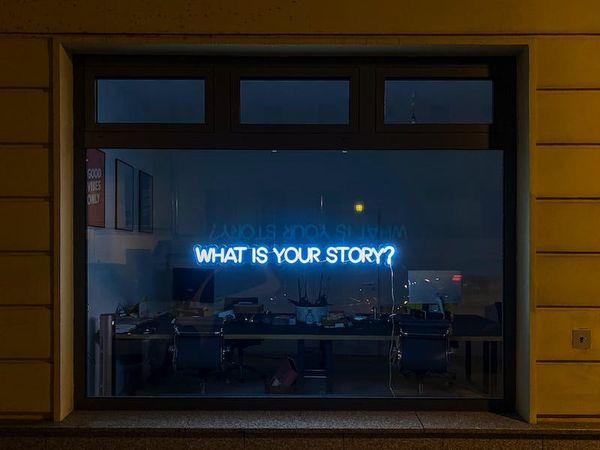The 2 systems of motivation - Pt.1: Cost-Benefit

Welcome back to the Effortless Action Newsletter! Every Wednesday, I share findings from across a range of disciplines to better understand “What gets us to take action?”
This is the first half of a 2-week issue explaining the 2 main systems of motivation in our brains: cost-benefit analysis, and craving & wanting. This week, we’re diving into the cost-benefit analysis our brain makes when confronted with an action to take.
Cost-Benefit Analysis
When looking at the “negative symptoms” of people with schizophrenia, it’s common to see a lack of motivation. Yet, dopamine isn’t to blame here.
Instead, it’s possible that this is caused by errors in understanding the costs & benefits of taking action.
There are two separate processes here.
1. Figuring out what the cost, or risk, of an action is
2. Understanding the benefit, or reward, that we may receive from said action.
First, what’s the cost of the action? If it’s a large, difficult task, then you’ll be less likely to take that first step. The bigger and more effortful something is to get started on, the more resistance we’ll feel.
On the benefits side of the equation, if there’s no payoff to do something, then there’s no reason to do said action. Here, your beliefs can play a large role. If you don’t believe that you’re capable of completing a task, then why would you put any effort in?
The reward could be adherence to your values, the enjoyment of the activity, or some greater purpose in the universe. What matters is its emotional impact.

For instance, last year I tried to freelance on the side while working full time. I landed a few clients, but couldn’t find the motivation to do the work. For me, this wasn’t a dopamine problem, rather a cost-benefit one.
No single client was going to let me quit my job, and the effort I had to put in on top of my full-time job was too much. I quickly burned out and failed a handful of projects.
So what can we do?
It’s pretty simple in theory: we want to lower our costs and increase our benefits.
One great way to check off both of these is to chunk your tasks down as small as possible.
Chunking tasks
When we’re given problems that don’t have a clear solution and we don’t know “completed” looks like, then our brain has difficulty understanding the reward. Not to mention, we don’t have an accurate estimation of the effort that we’ll be putting in.
That’s what leads to the feeling of this large, looming task ahead of you with no motivation, no end in sight, and this perception of it being so laborious.
Let’s chunk it up.
Your likelihood of building a successful unicorn startup might be upwards of 1%. You’re not doing yourself any favors there. But, if you define a single project that you want to take on, you may up your odds to 25%.
Again, breaking it down, you may want to take a course on how to learn python to achieve that, upping your odds to 60%. Finally, you can say break it down into minuscule tasks, such as “do a Google search for ‘best free python course’” where your odds are 95% ability to complete.
Now, you have a small stepping stone in your grand vision, with a high probability of success.
It’s also important to keep this grand vision top of mind. Know your why. Try to draw inklings of inspiration from the purpose of taking action in the first place. It’s important that it’s an emotional reason, as we need to fight feelings with feelings.
Thanks for reading!
Hey you. Thanks for reading to the bottom!
If you enjoyed this, there’s much more to come. I’d love to hear your feedback, you can simply reply to this email or click on one of those little “Did you enjoy this issue?” responses right below the next paragraph.
I hope you have a wonderful day, and as always, I’ll work on creating a catchy phrase to end this newsletter with. (Once I know it’s worth it!)



